Gender and Media Resource Guide
Media play an essential role in working towards gender equality in society. This Gender and Media Resource Guide is the place to find everything you need to promote gender equality in and through media, including:
- Gender equality in media content
- Gender equality in the media sector
- Campaigning and advocacy
- Gender mainstreaming
Each of the following sections presents practical tools and background information about gender and media, as well as examples of successful approaches.
Explore the following topics:
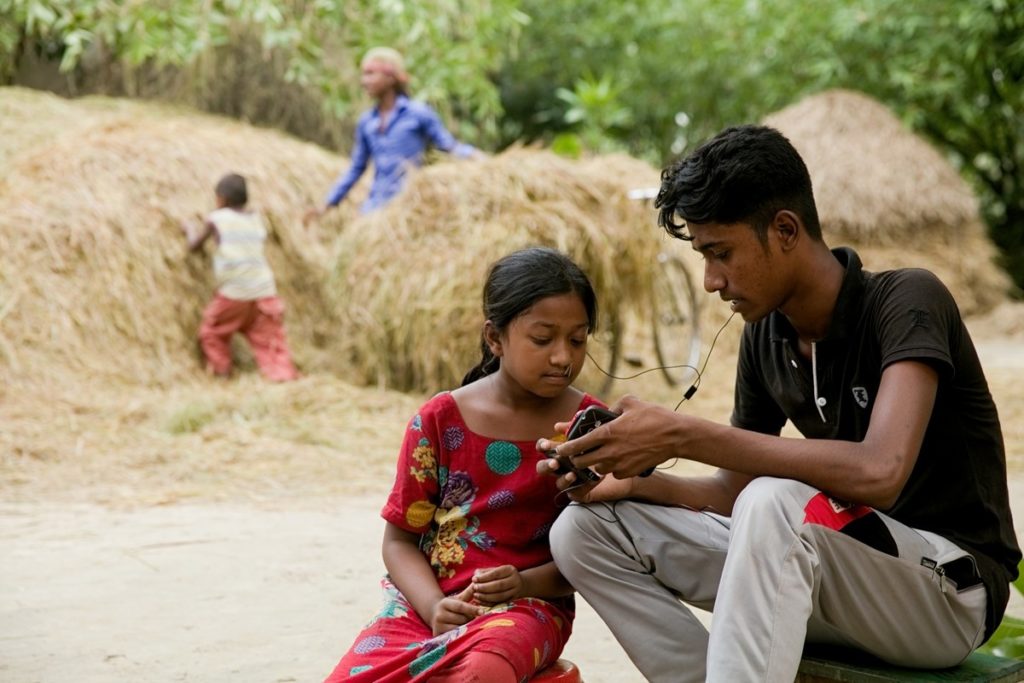
An introduction to basic gender concepts and information about why gender and media matter.
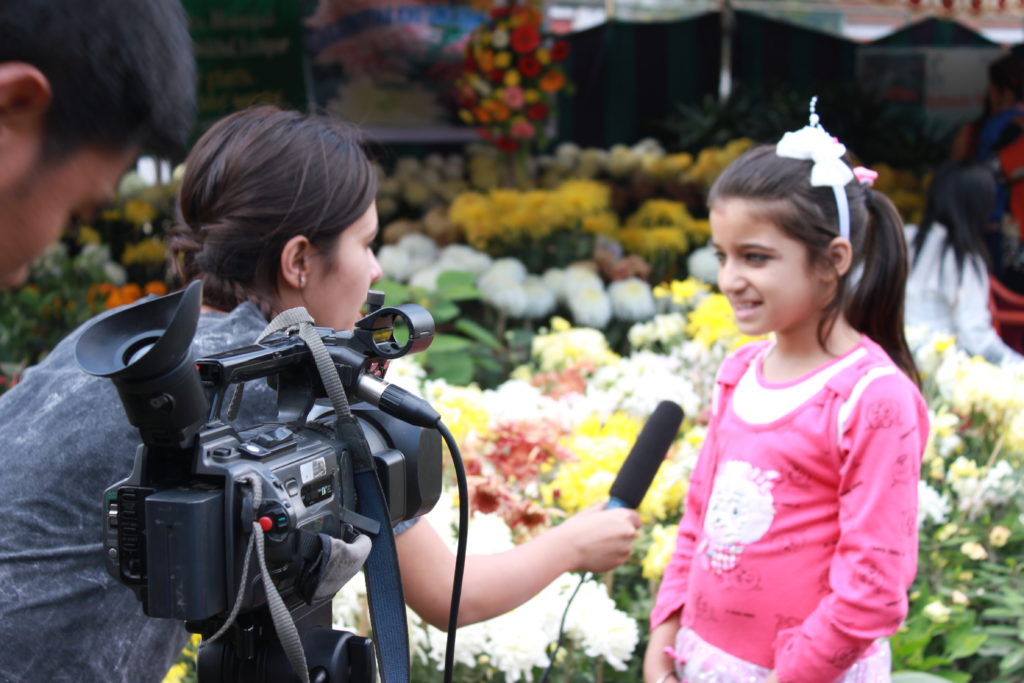
Gender equality in media content
Worldwide, women are underrepresented in media and often portrayed in stereotypical ways. There is an enormous potential for media to show a wider variety of roles and behaviors of people of all genders, thereby challenging gender inequalities and expanding the range of people society looks up to as role models.
Explore this section to find out about different strategies to promote gender equality in media content.
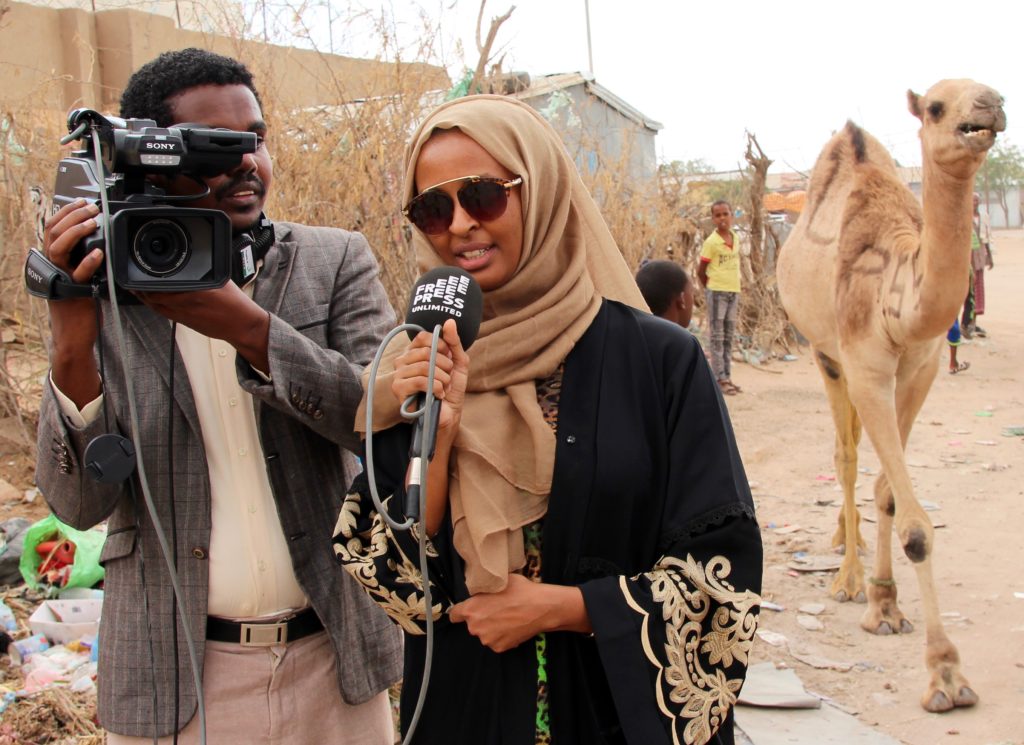
Gender equality in the media sector
Gender inequality is clearly visible in the media sector and journalism profession. Women are usually a minority in media organisations, especially in high-level and decision-making positions. Women journalists face unique barriers and safety risks.
Explore this section to find out more about different strategies related to gender in the media sector and workplace.
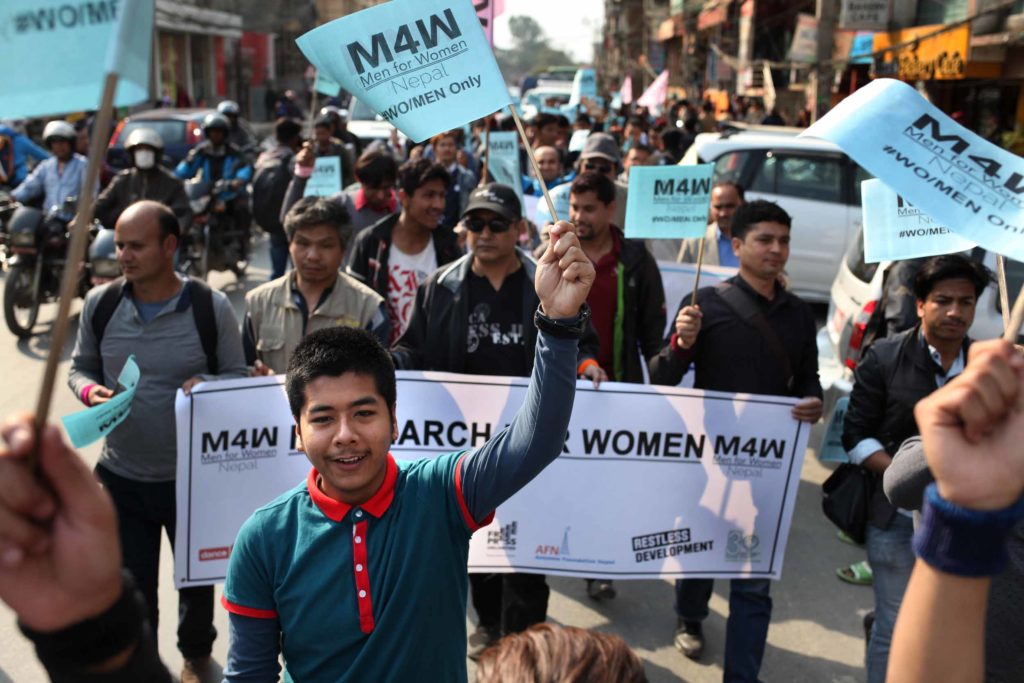
Campaigning and advocacy are crucial to achieving the legislative and policy environments necessary for gender equality in the media.
Explore this section to find out about different mechanisms and movements being used around the world.
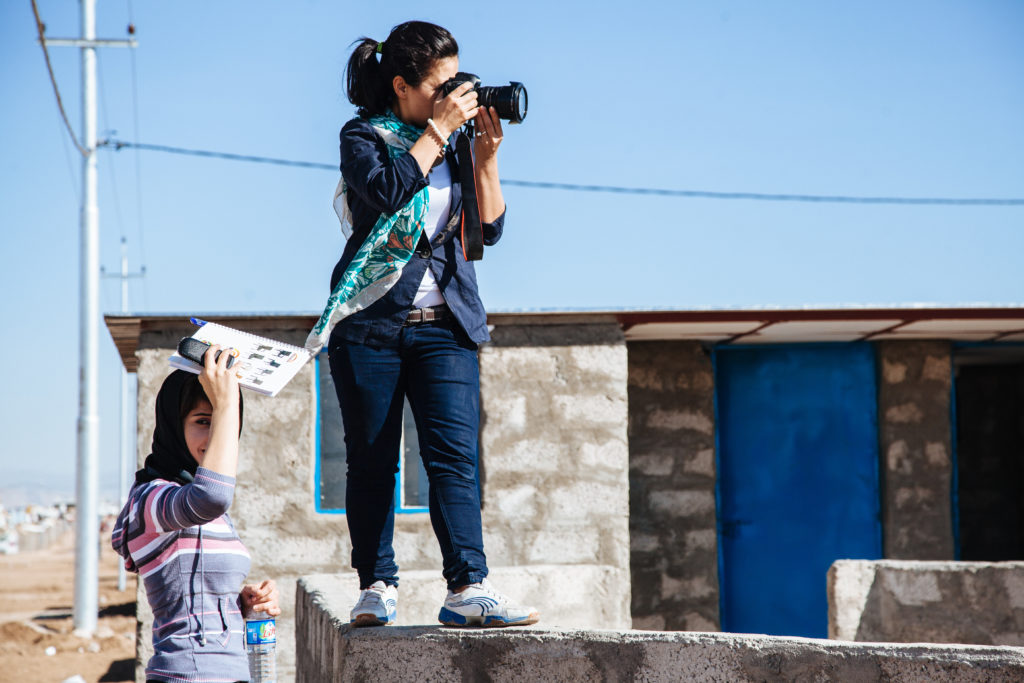
When working on a media development project, it is crucial to mainstream gender within its design, implementation and evaluation.
Explore this section to find out how gender mainstreaming can address the concerns and needs of both men and women within every stage of the project cycle.
